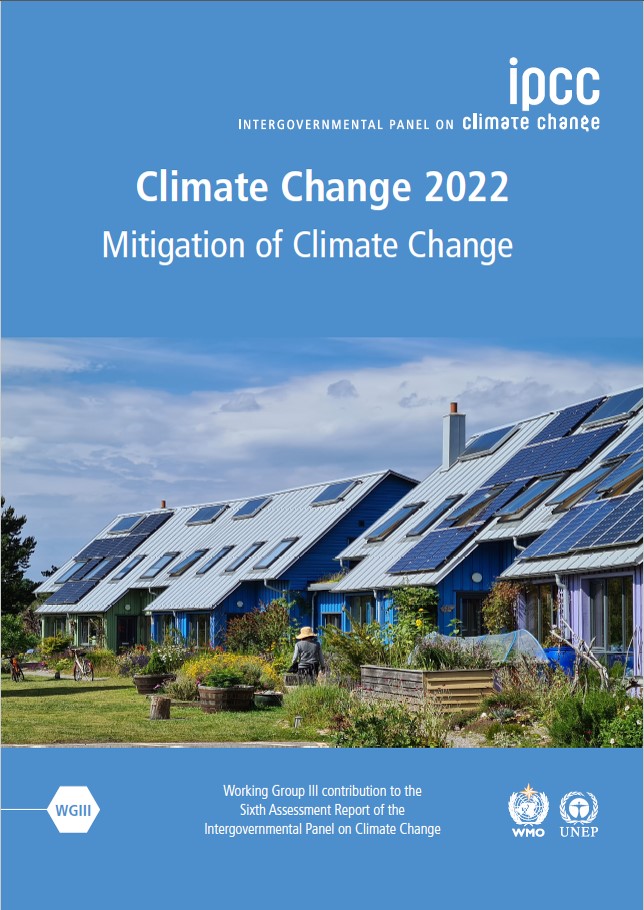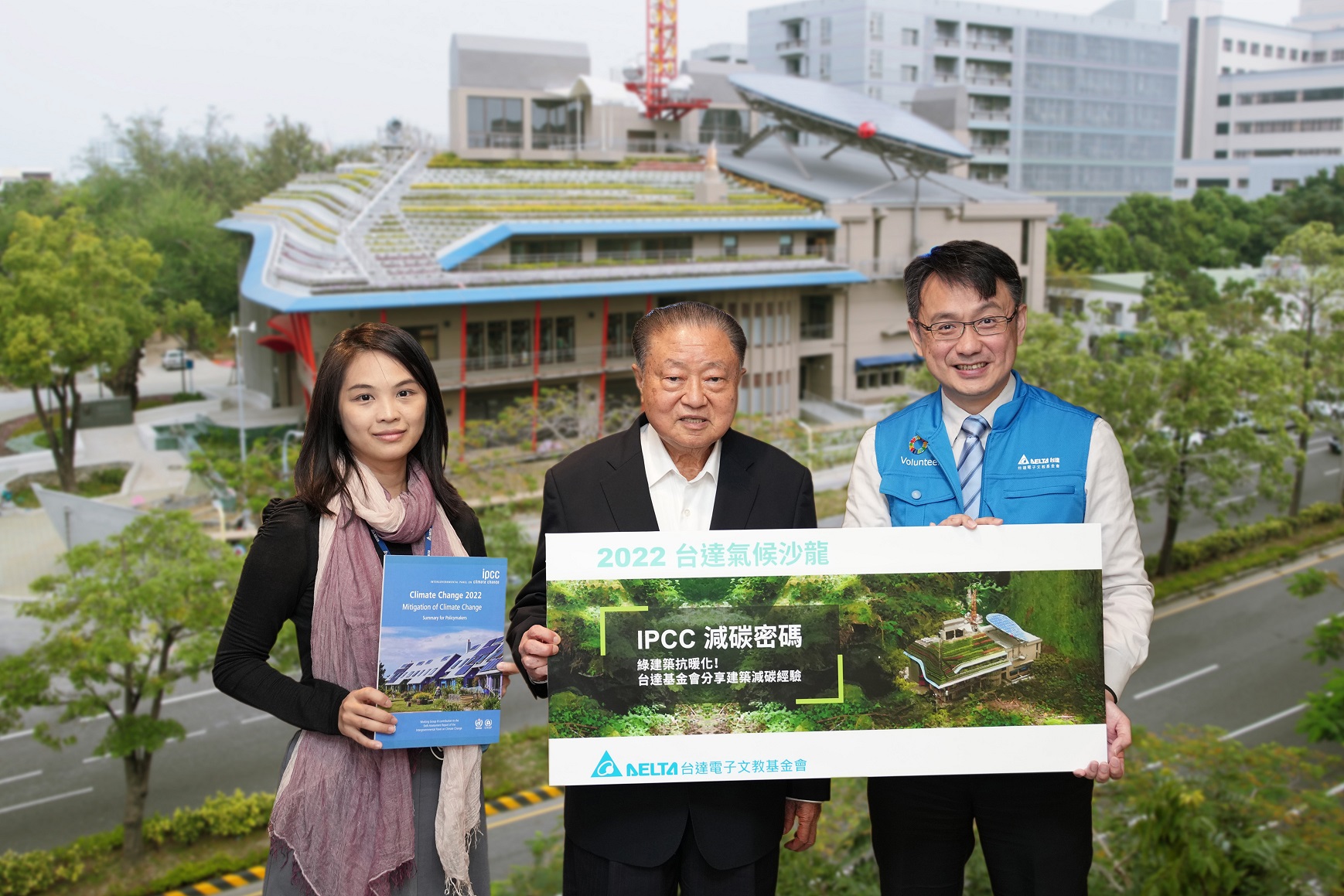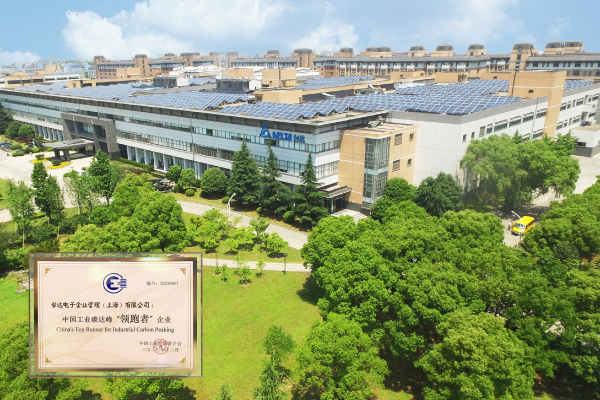To help the public grasp the essence of the report, Delta Foundation held a press conference on "Climate Salon" and invited Mr. Hsien-Te Lin, the architect of the "Y.S. Sun Green Building Research Center at National Cheng Kung University", to share the secret of how the building can maintain such low-energy consumption, which is mainly due to the successful use of passive design that is suitable for the subtropical humid environment, such as, large roofs, deep eaves, wind pressure and buoyant ventilation…etc. The building was originally expected to be 65% more energy-efficient than similar buildings, but after 10 years of operation, the energy savings rate has increased to 86%, proving that the green building's carbon reduction practices are worthy of further promotion.
 IPCC AR6 lists seven buildings as global models of particularly low energy building, including the " Y.S. Sun Green Building Research Center" at National Cheng Kung University.
IPCC AR6 lists seven buildings as global models of particularly low energy building, including the " Y.S. Sun Green Building Research Center" at National Cheng Kung University.
Furthermore, the Salon lecture also invited Yamina Saheb, an internationally renowned scholar and one of the lead authors of the IPCC report, who traveled from overseas to explain the importance of the building sector on the path to future carbon reduction The building sector will play an important role in the future path to net zero. The AR6 report particularly emphasizes the concept of "sufficiency", meaning that through the regulation and guidance of policies, we can avoid excessive use of energy, materials, water and land. The avoidance could further help reduce the building sector’s carbon emissions. Moreover, despite different climatic and geographical conditions, reaching net-zero energy and even net-zero carbon for building sectors around the world is an achievable reality. 2050 net-zero emissions have become a global consensus to mitigate climate change, a couple of days ago Taiwan also released 2050 net-zero emissions path and strategy blueprint, in which the building part will be incentivized or even mandatory implementation towards near-zero carbon buildings to achieve the goal of climate change mitigation. From 2006 to 2021, Delta has built 30 green factories and donated buildings by academia worldwide as well as two certified high-efficiency green data centers. Delta also continues to use technologies such as the Internet of Things, edge computing, and sensors to help buildings save energy and improve energy management efficiency to help mitigate the environmental impact of climate change.



















